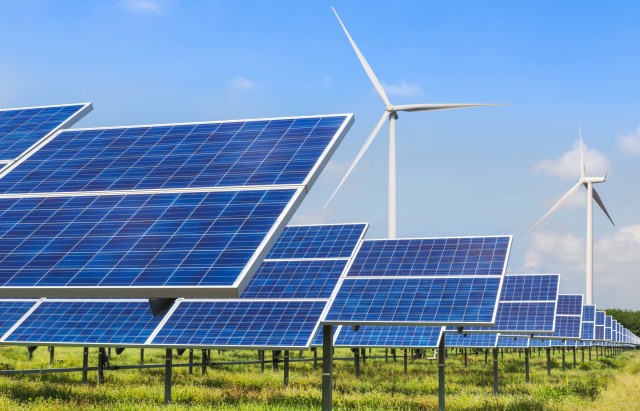The world energy consumption will grow by nearly 50 percent between 2020 and 2050, the U.S. Energy Information Administration (EIA) forecasts.
EIA projects strong economic growth, particularly with developing economies in Asia, will drive global increases in energy consumption despite pandemic-related declines and long-term improvements in energy efficiency.
Renewable energy consumption has the strongest growth among energy sources through 2050. Liquid fuels remain the largest source of energy consumption, driven by the industrial and transportation sectors.
“Even with growth in renewable energy, without significant policy changes or technological breakthroughs, we project increasing energy-related carbon dioxide emissions through 2050,” said EIA Acting Administrator Stephen Nalley.
Renewables will be the primary source for electricity generation, but natural gas, coal, and increasingly batteries will be used to help meet load and support grid reliability.
EIA projects electricity generation to almost double in developing non-OECD countries by 2050. Falling technology costs and favorable laws and regulations mean that much of the new electricity generation will come from renewable energy sources, although natural gas, coal, and batteries will remain critical parts of the electric grid, backing up solar and wind resources.
Oil and natural gas production will continue to grow, mainly to support increasing energy consumption in developing Asian economies.
Driven by increasing populations and fast-growing economies, EIA projects that consumption of liquid fuels will grow the most in non-OECD Asia, where total energy consumption nearly doubles from 2020 to 2050. EIA projects that consumption will outpace production in these countries, driving an increase in imports of crude oil or finished petroleum products, primarily from the Middle East.
The fast-growing economies in Asia could combine to become the largest importer of natural gas and crude oil by 2050, given their significant increase in energy consumption.

